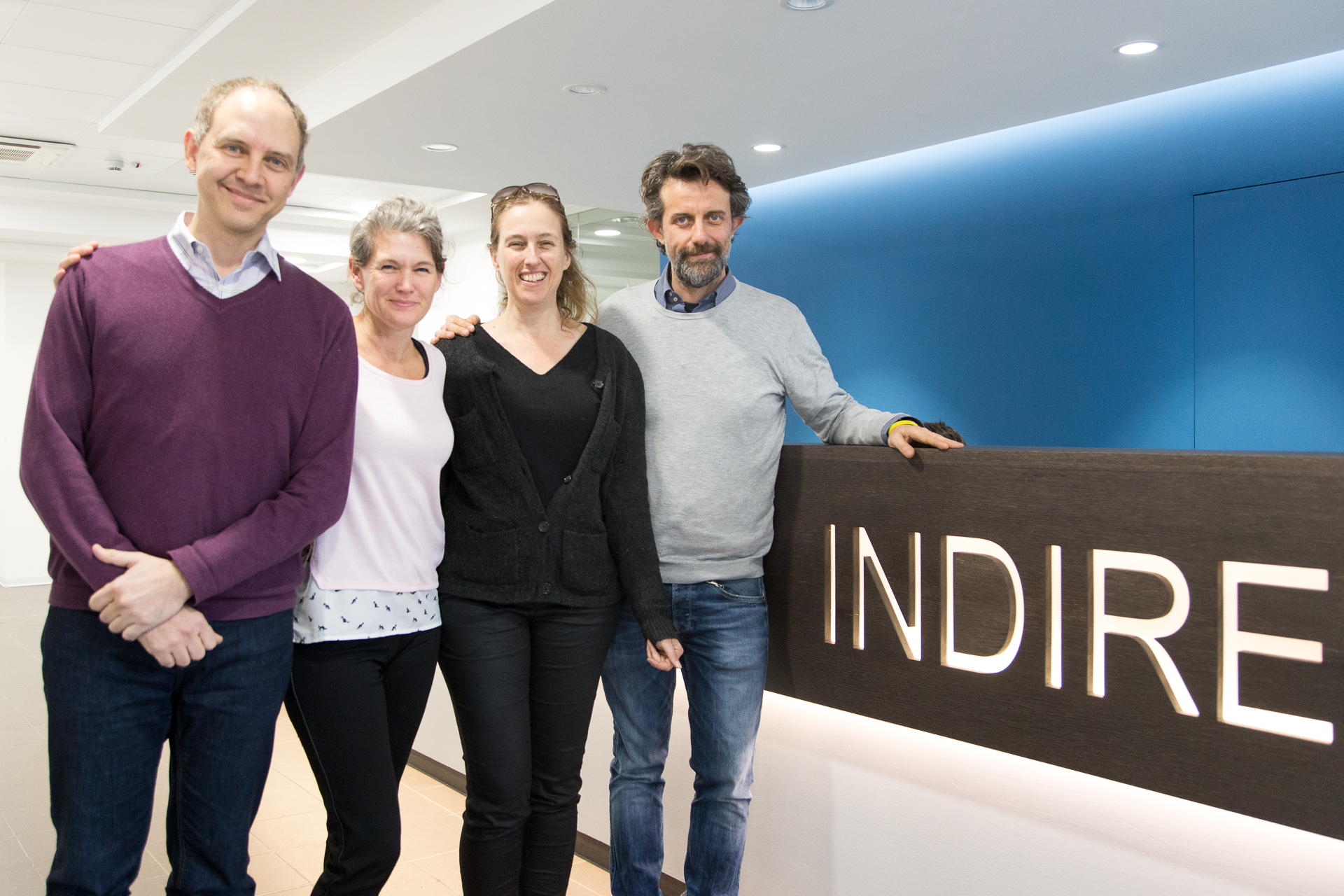indireinforma
Fablab and makers for the democratisation of education, Paulo Blikstein’s lectio magistralis at Indire

On 12 December, the Lectio magistralis of Professor Paulo Blikstein – Director of the TLTL – Transformative Learning Technologies Lab at Stanford University and of the Fab Learn, a network aiming to disseminate the “Maker method”, a new conception of learning seeking to change educational methods in the new millennium – took place in the Indire’s headquarters in Florence. Since 2014, Indire has been working on the project “Maker@school”, the observatory which monitors the most interesting experiences related to the maker movement, that is, the digital artisans for education. Last year, Indire has started a precious collaboration on these themes with the prestigious American University.
The Lection magistralis was introduced by the organiser of the event, Lorenzo Guasti, who presented the results of the research on the Makers carried out since 2014. The volume “Maker@school – 3D printers in infant schools” gathers the first results of the project that involved Italian infant school teachers who integrated this activity in the curricula.
Alessandro Ferrini presented the open source software tools developed by Indire for modelling and optimising 3D printing at school: 3D Indire, a hardware and software system, facilitating 3D drawing and printing at school, which includes In3Dire, a system for the documentation of the activities, a Wi-Fi network, a 3D printing management facility, and SugarCAD, a free software for 3D modelling, conceived for schools, which enables 3D drawing in an easy way, also offline.
The researcher Jessica Niewint presented the new project, started this year, “The hydroponic greenhouse at school – A new way to observe and study a natural phenomenon”, a research on laboratory teaching focused on environmental education and on the understanding of physical models describing real phenomena.
Paulo Blikstein focused his speech on the Maker Movement, seen as a method enabling inclusion and equality in education. This is the right time to implement actual innovation in school education. New technologies are now more accessible for schools, because in the last fifteen years the prices of hardware devices have decreased and there are many free software available. The maker movement is expanding all over the world and aspires to the democratisation of education. To reach this goal, the movement is working on four key areas:
- Embedding technologies into core subjects (humanistic and scientific). The aim is to create an educational project integrating new technologies and improving learning.
- “Maker” in real life, that is, bringing the maker experience outside the classroom to create projects useful in everyday life.
- The importance of research as a fundamental instrument to understand and analyse phenomena in order to develop the most appropriate educational methods.
- The importance of the maker community. The maker movement is crucial to create and share replicable models in state schools. For many years, Blikstein has been promoting all over the world the FabLearn Program, an international network of makers including schools, universities and other partners.
On 13 December, the researchers of the American university were taken to visit two schools in Florence: the infant school “Argingrosso” and the primary school “De Filippo” to see the activities carried out by the students in the hydroponic greenhouses.
«The collaboration with the research institute Indire, which has a deep understanding of the Italian education system, is crucial in order to carry out educational innovation projects», Blikstein concluded. «Research is essential for the continuous improvement of the programme and to have researchers ready to face up to the many challenges posed by education. The term “inclusion” means that students have many different talents and we can differentiate curricula and learning paths to allow their expression».
MATERIALS
- Extract from Prof. Paulo Blikstein ‘s lectio magistralis “The maker movement at school: a turning point in the democratisation of education”
- Presentation of the activities of the project Maker@school
The complete video of the Lectio Magistralis of 12/12/2017
Interviews
Photo gallery
Further information
Free book on the maker movement
FabLearn Program, http://fablearn.org/
Gogo board, http://gogoboard.org/


